Partner Spotlight: Mary Sketch Bryant
By Lee Rinehart, Sustainable Agriculture Specialist
No level of education can prepare a student for the deep work of community building around resource conservation issues, especially in low-income counties that have experienced environmental catastrophe. But this is how Mary Sketch Bryant cut her teeth in the demanding world of land-use policy and environmental and community restoration. With a newly minted degree in environmental studies, Mary found herself in California working with a forest restoration collaborative. She began connecting with local folks to find answers around community resilience and conservation. How could she help rebuild this community devastated after the Butte fire tore through 70,000 acres of forest, farms, and homesites?
Mary’s experience in California gave her insight into the human dimensions of resource conservation— namely, how do people make decisions in land management and how do they translate into policy? A subsequent tour of duty at the Center for Rural Strategies in Tennessee highlighted the diversity of rural issues and the challenges, especially in changing the perception of rural communities. The power of communications and community leader-driven advocacy, especially in Black belt and Native nations, became paramount, particularly when communities are economically depressed. There is so much knowledge in local leaders, and natural resource conservation flows through all the issues rural communities face. Telling their story became her passion.
Graduate work at Virginia Tech helped strengthen Mary’s focus on the dynamics of human behavior in environmental work, and she realized this necessarily involved agriculture. She wanted to get more into agricultural working lands and put her passion for coalition building to work. Building power and strength in place-based communities and getting rooted in trust building among all land stakeholders was her new call. With her new position with Virginia Tech Extension, the Virginia Soil Health Coalition had an advocate, a leader to help bring a burgeoning organization together.
The Virginia Soil Health Coalition is a collaboration of soil scientists, policy advocates, practitioners, and farmers seeking to further soil-health practices across Virginia. The Coalition’s work is, however, about much more than fostering soil-health practices. Their work is more complex than just adding cover crops and no till; it takes a systems orientation and working with collaborators on the more intangible aspects of partnership, such as strategic planning and evaluation. Where do you start? There are so many intangibles, so where do you draw the lines of where you are having an impact and how do you record the results you do not see, such as a general awareness of soil practices among the greater population? And how do you get more people on board, addressing them where their actions are, where they live, whether they are advocates, gardeners, or farmers?
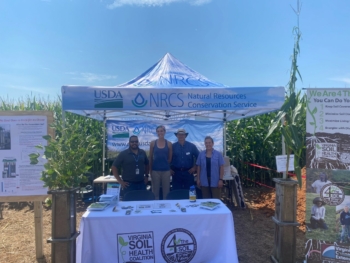
Virginia Ag. Expo in Caroline County, VA
Working with agencies and core nonprofits—NRCS, Extension, Chesapeake Bay Foundation, Conservation Districts, Forage and Grassland Coalition, and many more—the Coalition currently has about 35 partners. There is a seat at the table for all who have this vision of soil health, and it is a vast network. Mary’s job is to make the Coalition, through advocacy and education, accessible to all involved. “There is a lot going on in Virginia related to soil health,” she said, “but the partners are spread so thin.” With a goal of knowing and supporting what each group is doing in the Coalition, the intangibles become more evident. The synergies between each disparate organization result in more collaboration, more conversation, and more farmers implementing practices that, on their own place and according to their own needs, hold more water in the soil, keep nutrients out of the bay, and in turn increase the productivity and economic resilience of Virginia agriculture.
In the fall of 2021, Soil for Water entered the scene. The Virginia Soil Health Coalition was well set, through connections with Virginia Tech Extension, a core Soil for Water partner, to serve as a hub to facilitate a broader partnership across Virginia. Soil for Water is furthering the adoption of regenerative grazing practices that keep water in the soil and the Coalition is key to this success. Each member of the Coalition has connections already solidified, making communications and cross-pollination among groups more productive.
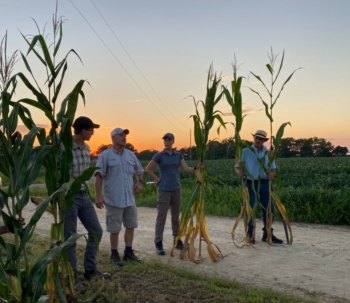
Variable Nitrogen Rate Field Day in New Kent, VA
The focus on regeneration is crucial. According to Mary, the idea of regeneration goes beyond the soil component. It is about building more life into something. “We have such diverse partners, and we do not have a comprehensive definition for soil health. Rather, it is what a partner brings to the table that is important, for each has a different, though corresponding, definition…There is no check box of what to do in regenerative agriculture, and it is challenging but exciting. Defining regenerative agriculture is difficult, a buzzword we must move beyond toward a focus on more life in the soil and more widespread consideration of soil health,” Mary said. She invites us to “come together around ambiguousness” in this journey of regeneration. Again, the intangibles. I want to be engaged; how do I do that? Who are we reaching outside the Coalition? If Mary is right, engaging and knowing who to go to, and instilling a more common language and understanding of soil health among the broader population, is key. Building a spark and fostering energy among the myriad layers of influence in the community. This is the real work of coalition building.
So, what is the level of interest and commitment in Virginia to regenerative agriculture? “It is high, but maybe that’s my hope,” she said. “Maybe people don’t call it regenerative, but that is their perspective.” And maybe it is a little easier on a smaller scale. The biggest farms in Virginia are on a smaller scale than those in the West and Midwest, so it can be easier to implement certain practices, such as cover crops and no-till. “There are many progressive farmers in Virginia; there is energy and momentum. Who knows how good a particular farmer’s soil is, but they are thinking about it,” and that’s the point to start from.
“So much of state leadership is pushing for it [soil health, regenerative agriculture], so much cost-share is available on a state level. Even if some farmers will never apply for cost-share funding to implement a practice, it does trickle down.” Awareness is growing and to Mary, that is the point of the Coalition. “There is wide interest in Virginia, but the implementation piece needs work, especially on the economic front, because more farmers are paying attention and have numbers around this. It can be a strong incentive for others to adopt soil health practices.”
I asked Mary at the end of our conversation what advice she would give to a farmer interested in making a change to his soil-health practices. She responded that she would advise them to pursue farmer-driven resources, and farmer-to farmer-networks, and, importantly, to open the space for others to learn from the failures of their peers. “There is lots of innovation out there, but it is a slow process, and we are always pushing for the next step. People don’t get into farming to get rich, but they do need to make money and minimize risk. Most farmers want to learn and experiment but don’t want to risk their bottom line.” In Virginia, there is a focus on the bay and soil quality, and soil quantity and water capture are almost forgotten. This is an important paradigm for her producers and practitioners to realize, not to mention economics.
This focus on water capture and economics is what the Soil Health Coalition and Soil for Water are good at. Our common goals are connecting and networking, telling stories, and helping people imagine their own future.
Soil for Water and the Virginia Soil Health Coalition are sharing events and building capacity because there is so much overlap between them. We can leverage our work to reach a bigger audience. “We are working toward same goal, which is all that matters,” said Mary. “Let’s make it happen.”
Related NCAT Resources:
Other Resources:
Virginia Soil Health Coalition

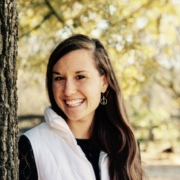
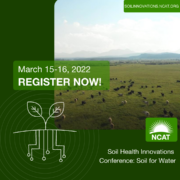
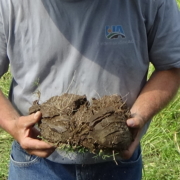
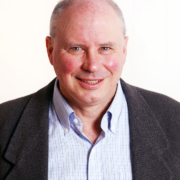
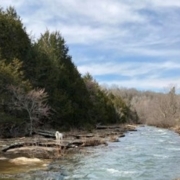
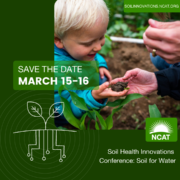
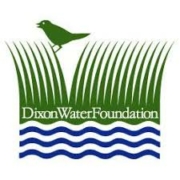
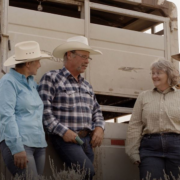
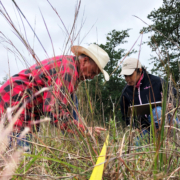 NCAT
NCAT
